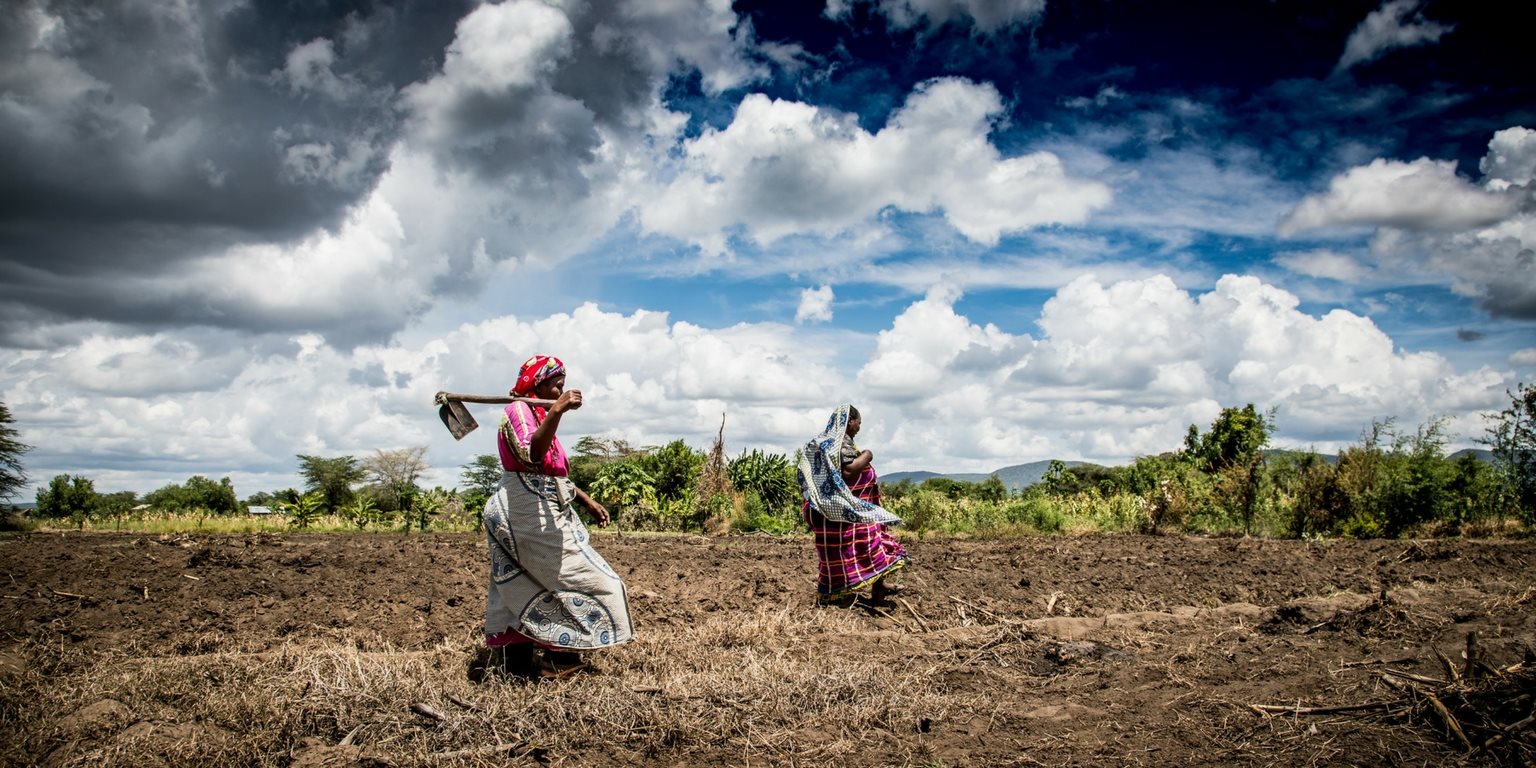
Rationale
The elimination of gender inequalities and the empowerment of women and girls in all aspects of life will accelerate the realization of the Sustainable Development Goals (SDGs).
Fostering the full participation of women in a local economic development process (LED) requires overcoming entrenched discriminatory attitudes, norms and stereotypes as well as challenging existing inequitable historical social and economic structures.
- Non-economic aspects of women’s economic empowerment present strong impediments to women’s participation in the labor force (e.g. socio-economic norms: gender bias, ownership of property, inheritance laws, access to land, water, etc.). Therefore, fiscal policy should prioritize financing public investment in physical and human capital by accelerating gender responsive investments in local infrastructure and increasing spending on health, water and sanitation, education and training, especially in rural areas.
- The role of local governments is one of the most pressing development challenges for countries seeking to generate employment opportunities for their growing work force, in particular for women and youth.
- Local investments through domestic resources are not only more responsive to the status of the local economy, but are also more likely to benefit from improved local livelihoods through various interlinked channels, such as indirect employment, supply chains, and various multiplier effects with direct impact on economic growth, diversification of the economy, and the growth of other forms of manufacturing and service related sectors, which are essential for most developing economies.
- Addressing bottlenecks that prevent women’s engagement in economic activities could create a new entrepreneurial class of women, more productive female farmers, or a cluster of women enterprises or gender-responsive businesses that could diversify local economies and contribute to inclusive and sustainable economic growth.
- Strengthening the capacities of domestic commercial financing institutions to reduce their risk mitigation strategies and compliance measures is central to producing a sustainable pipeline of gender-responsive investable projects that can have an impact on local livelihoods and economic development, especially by reducing the unpaid care work performed by women.
- Private sector incentives and new structures need to be designed to help women entrepreneurs to build productive partnerships with investors, to improve the quality of their business plans and de-risk their business proposals.
IELD responds to all these issues by supporting local governments and the private sector, to design, plan, implement and sustain local public and private investments that take into consideration the differentiated and specific needs and priorities of poor women and men, with a particular emphasis on unlocking barriers to women’s rights, their economic opportunities and active participation in decision-making processes.
Stay Connected
GET THE LATEST UPDATES TO YOUR INBOX